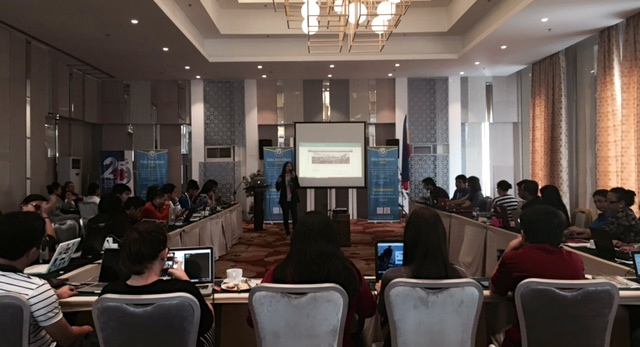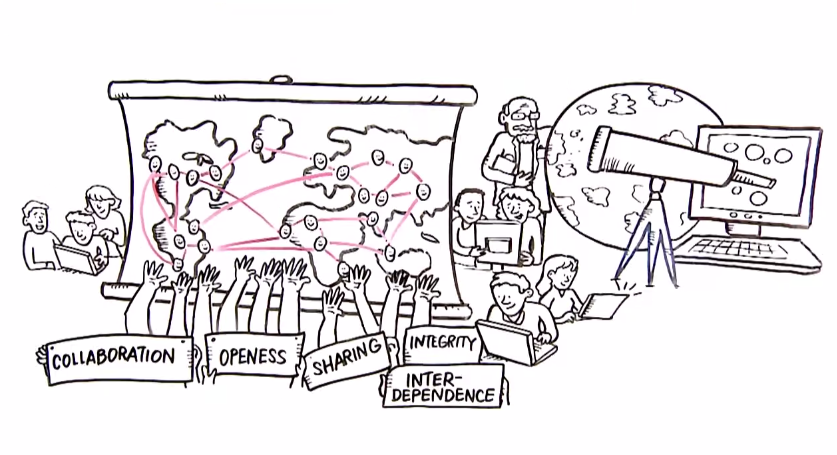
I was a contributor to Don Tapscott’s follow up to international bestseller, Wikinomics. Macrowikinomics: New Solutions for a Connected Planet was published in the October 2010. I also developed the creative concept for the paperback edition and launched the website, Macrowikinomics.com. Macrowikinomics is available in 10 languages.
Macrowikinomics was shortlisted for the 2010 Financial Times and Goldman Sachs Business Book of the Year Award. More than 200 books were submitted for the competition. MacroWikinomics won its place on the list because of its “energetic call for commercial and political organisations to reinvent themselves or risk stagnation or collapse.” Wikinomics was short-listed for the Book of the Year Award in 2007. Macrowikinomics was also shortlisted for the Thinkers50 2011 Book Award and the 2012 Tribeca Film Festival Disruptive Award Book of the Year.
About Macrowikinomics:
In 2007, Wikinomics: How Mass Collaboration Changes Everything was the best-selling breakthrough introduction to the new economics transforming business and competition with the emergence of web 2.0. Wikinomics showed how mass collaboration was changing the way businesses communicate, compete, and succeed in the new global marketplace. But much has changed in three years, and wikinomics’ principles of openness, peering, sharing, and acting globally are now more powerful than ever and present not only in business, but across all our community sectors. This is macrowikinomics at work.
In this new age of networked intelligence, businesses and communities are bypassing crumbling institutions. We are altering the way our financial institutions and governments operate; how we educate our children; and how the healthcare, newspaper, and energy industries serve their customers. In every corner of the globe, businesses, organizations, and individuals alike are using mass collaboration to revolutionize not only the way we work, but how we live, learn, create, and care for each other.
Drawing on an entirely new set of original research conducted with countless collaborators in fields such as healthcare, science, education, energy, government and the media, we tell the stories of some of the world’s most dynamic innovators, from a global citizen’s movement working to reverse the tide of disruptive climate change to for-profit startups that are turning industries ranging from music to transportation on their head.
We argue that collaborative innovation is not only transforming our economy but all of society and its many institutions. Now the onus is now on each of us to lead the transformation in our households, communities and workplaces. After all, the potential for new models of collaboration does not end with the production of software, media, entertainment and culture. Why not open source government, education, science, the production of energy, and even health care?
As this book shows, these are not idle fantasies, but real opportunities that the new world of wikinomics makes possible.


